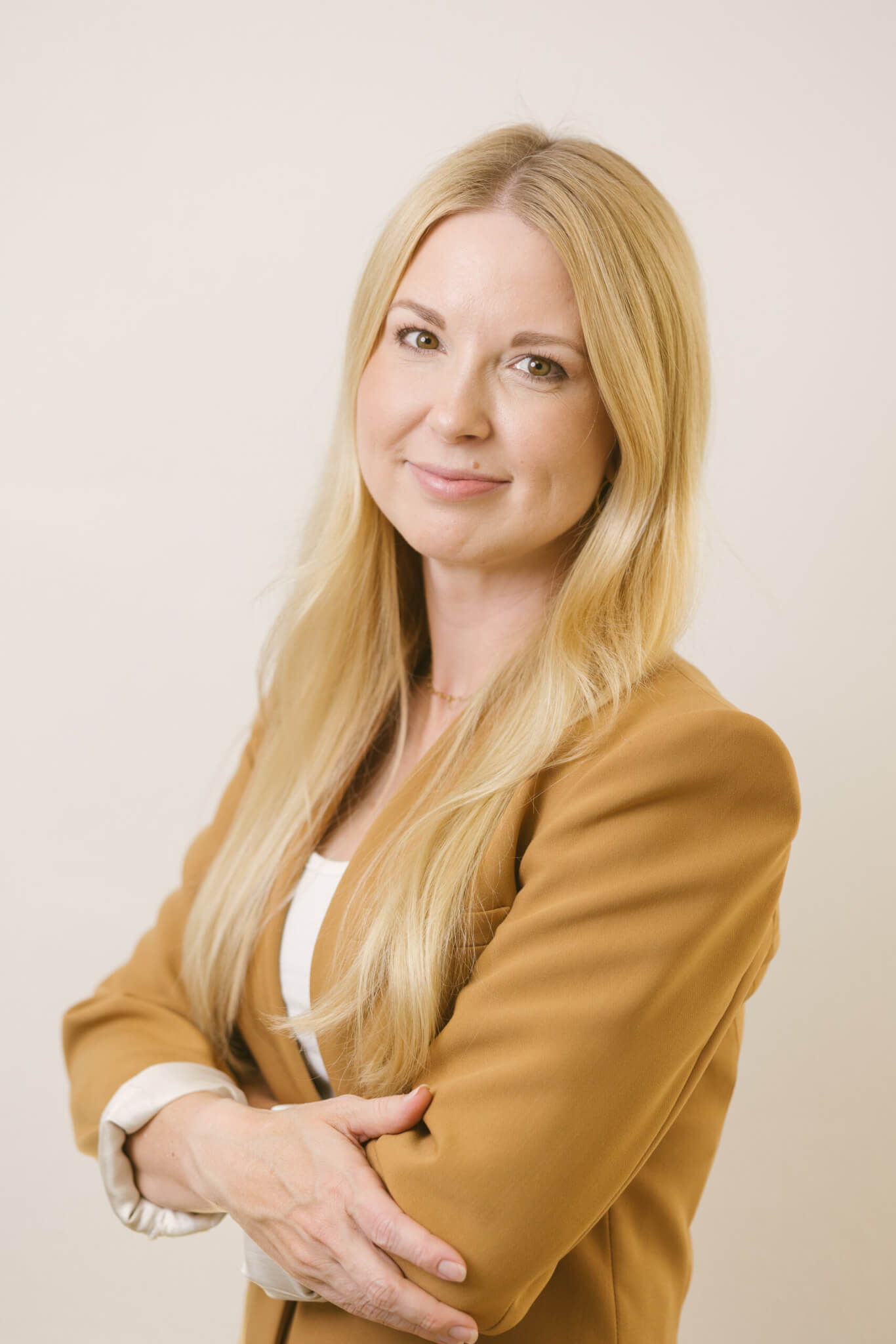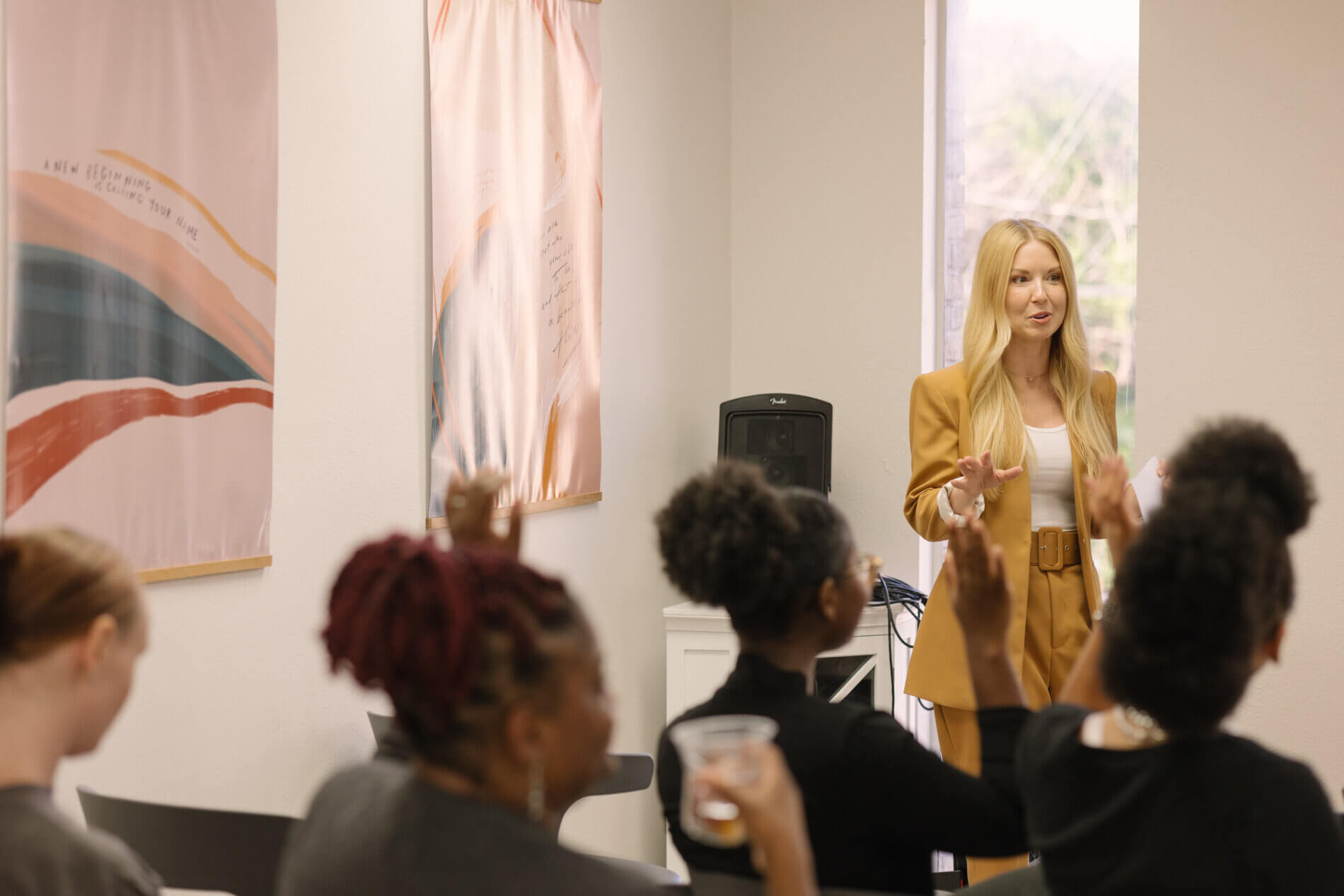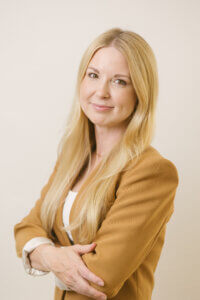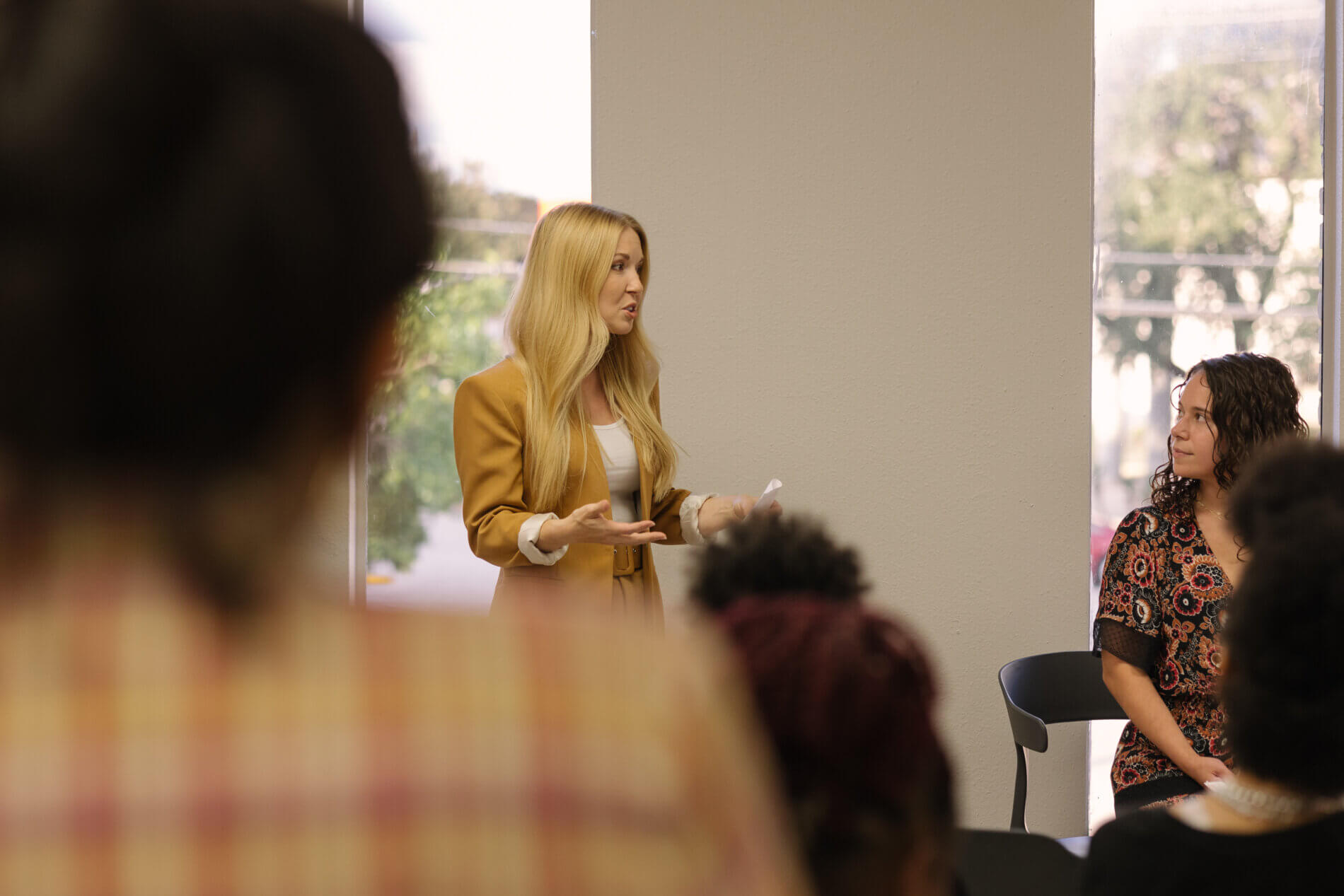

HOW FOUR DOLLARS PER HOUR CHANGED THE TRAJECTORY OF A YOUNG MOM’S LIFE
Words by Elizabeth Coffee
Photos by Mae Czarnecki & Vanessa Velasquez
By the time Kayla Carter was 17, she thought her life was on track. She’d finished high school early. She was working and saving money for a move to college in Arlington. Her home situation was loving and supportive. But the stress of living paycheck to paycheck like her parents had always done made her want for something more.
“I was ready to become self-sustaining. I wanted to create my own future instead of what had been dictated to me because of my financial circumstances,” Carter said. “[M]y parents did the best they could with what they had. But I wanted more.”
Just as she was set to make her move, Carter’s life changed forever.
While working an office supply sales job, Carter was sexually assaulted by a coworker and became pregnant. After praying and seeking wise counsel, Carter decided her journey would mean keeping and raising this baby. That decision would prompt her to move back into her parents’ home. She had her daughter, Audrey, found a job waiting tables, and enrolled in UTSA.
“On top of dealing with the trauma from the sexual harm I had experienced, it was all very overwhelming,” Carter said. “I was a teenager balancing working, mothering, and school. In fact, to breast pump on campus I was told I had to go to the nurse’s station which, at the time, was about a mile across campus from where my classes were held.”
Having previously been in sales, she was electric in the restaurant. And patrons noticed her. Over time, a regular customer, taken by her charisma, offered her a job as a receptionist in their company. This job offer represented two critical opportunities: 1) she could leave the service industry and 2) she potentially wouldn’t be reliant on public funding any longer.
At the time, Carter was using child care assistance and WIC, a nutrition program for pregnant or breastfeeding women and families with children younger than five.
She decided to go in for an interview. She learned that the job was not a dream, but it was a step in the right direction. Or so it seemed.
While considering the offer, she learned that this higher hourly wage would disqualify her from the childcare assistance on which she had been reliant. Despite the pay raise, Carter would technically bring home less income every month than if she were to keep waiting tables.
This dilemma is not uncommon. There’s even a name for it: THE BENEFITS CLIFF.
WHEN PROGRESS SETS YOU BACK
People hit the benefits cliff when a small increase in income leads to a significant reduction or complete loss of certain government benefits or assistance programs. This reality can create a disincentive for individuals to increase their income or work more hours because the loss of benefits outweighs the financial gain from additional earnings.
Have you ever wondered why individuals get stuck in a cycle of dependence on government assistance, struggling to break free from poverty? The benefits cliff is part of the answer. Carter countered the offer, asking for $4 more an hour to compensate for lost income through welfare benefits. She talked the hiring manager through the dilemma, explaining how welfare benefits work and why she would need to be paid more to consider the offer.
Her boldness to negotiate a higher wage along with her vulnerability to articulate the gap she was facing could have cost her the job. Fortunately, the hiring manager matched her boldness with compassion and her vulnerability with understanding—a rare thing, she admitted.
Carter soon started the job with the additional $4 an hour, making enough to support herself and Audrey.
| THE HIRING MANAGER MATCHED HER BOLDNESS WITH COMPASSION AND HER VULNERABILITY WITH UNDERSTANDING. |
|---|
ADDRESSING THE EMOTIONAL TOLL OF POVERTY
Life from there was a series of ups and downs. To balance a more full-time, traditional work schedule along with mothering, Carter had to drop out of UTSA. She also fell in love, married, and made a home with a man who loved her and Audrey well.
Later, the company she worked for went under, and she was faced with finding a new job without a college degree. It wasn’t an easy road, mirroring many common stories of those teetering on the edge of the benefits cliff.
“After I lost my job and was laid off, I was acutely aware of our financial situation: living paycheck to paycheck yet again,” she said. “It takes extraordinary discipline to stay hopeful about your future when you’re operating in survival mode.”
Poverty-related stress can lead to chronic mental and emotional health issues. The chronic pressure to pay bills and rent, put food on the table, and avoid detrimental financial blows like a car breaking down or a high medical bill can often fuel anxiety, depression, and despair over time. “To this day I haven’t fully escaped the mentality of survival mode. I still feel as if the ground will split open,” Carter said.
Despite setbacks, she knew one thing: SHE NEEDED TO HELP WOMEN LIKE HER.

In addition to working and raising Audrey, Carter opened her home to old friends from high school and new friends from across the city—all of whom had stories of trauma impacting their financial and emotional stability. After five years of keeping her door open and word spreading of the community she was building, almost 200 women had passed through her living room for relational, emotional, and spiritual support over meals and dialogue.
The women wanted to give back to Carter financially. Carter resisted these offers at first but was eventually inspired to create a nonprofit, recognizing that this kind of community was not only desired but needed.
“When you don’t have a support system or generational knowledge of how to pursue things like college and you’re seeking direction, you’re left to your own knowledge gaps to make a way for yourself,” said Carter.
What began in her home 15 years ago is now a thriving nonprofit called For Her, providing a network of support for women navigating the complexity and loneliness of the welfare system so they can find resilience and self-sufficiency. Thousands of women have been impacted by their services since launching in 2013.
“I wanted to provide the support to others that I would have benefited from,” Carter said. “I wanted to co-create a community for women, by women.”
For Her offers meals, community, mental health resources, and crisis-care for some of San Antonio’s most vulnerable women. It is a place for women to work through trauma together and cultivate a sense of belonging.
 THE STRUGGLES OF BREADWINNING MOMS
THE STRUGGLES OF BREADWINNING MOMS
According to The Status of Women in San Antonio, 37% of mothers in Texas are the sole or primary breadwinners for their families. These women are overrepresented in low-wage jobs. In San Antonio, the most educated women workers make only 81 cents for every dollar men make. San Antonio women also have wider earning gaps and lower-earning levels than women in any other major Texas city. For Her educates businesses and empowers women to overcome these realities as they care for themselves and their families.
“I was the person to do this work because I faced these challenges personally and professionally,” Carter declared. “Founding a nonprofit that meets these challenges has shown me how large scale this problem is in our city. Women in our community are worth the investment. And their past experiences don’t have to limit their future trajectory.”
Carter does not shy away from her past. She uses it as a platform to speak truth to a city that needs to make space for some of the hardest working folks in our community: working moms.
“You engage issues differently when you’ve experienced them first-hand,” she shared. “Your capacity to create unique solutions is great. You find the possible when others say it’s impossible.”

Hope and generosity always start somewhere. For Mrs. Butt, it was often the place where her family gathered to share meals.
Sometimes, the middle is the most radical place to stand—because it forces you to work with people on both sides.